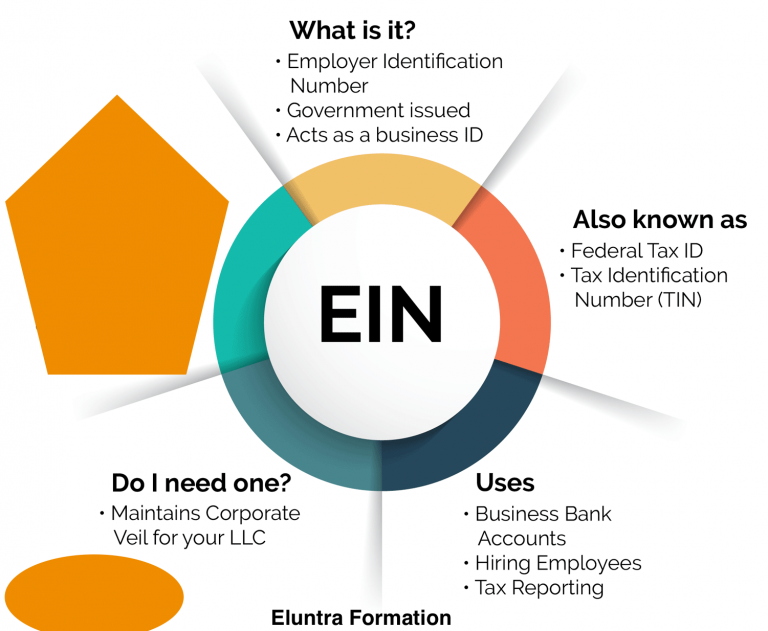An Employer Identification Number (EIN) and a business bank account are undeniably fundamental components that play a pivotal role in the successful operation of any business. To delve deeper into what each of these elements entails, let’s start with the EIN. The Employer Identification Number, which is sometimes colloquially referred to as a Federal Tax Identification Number, serves as a unique identifier that is specifically assigned by the Internal Revenue Service (IRS) to businesses for various tax-related purposes. This number not only helps establish the organization’s legal identity in the eyes of the government but also streamlines various critical functions, such as filing tax returns, hiring employees, and ensuring a clear delineation between personal finances and business operations. In this way, the EIN acts as a cornerstone document that legitimizes your business and enables it to function smoothly within the legal framework.

On the other hand, a business bank account is equally crucial, as it provides an organized and professional means of managing your company’s financial transactions. Having a dedicated business bank account allows entrepreneurs to easily deposit earnings, make payments for expenses, and maintain accurate and well-organized financial records, which are essential for both accounting and tax reporting purposes. Moreover, this separation of personal and business finances ultimately leads to a better understanding of the company’s financial health and performance over time.
Setting up an EIN through the IRS is a remarkably straightforward process that typically can be completed online, making it accessible for business owners at any stage. Once this EIN is obtained, you will find that it serves as a prerequisite for opening a dedicated business banking account with your preferred financial institution, thus facilitating a seamless transition into managing your business’s financial aspects.

It’s also worth noting that having both an EIN and a business bank account not only simplifies financial management considerably, but they also significantly enhance your company’s credibility and professionalism in the marketplace. Customers and partners are more likely to trust and engage with a business that presents itself with a formal structure and proper financial management practices in place, leading to greater opportunities for growth and success.
Eluntra is not a law firm and doesn’t give legal advice. Using our products and services is subject to our Terms of Service and Privacy Policy. Information you share with Eluntra isn’t protected by attorney-client privilege.
© 2025 Eluntra Formation. All rights reserved. If you need help, email us at support@eluntrainc.com.
Start Here
Eluntra Services
Additional Resource

Copyright © 2025 – Eluntra Formation • Built with ❤️ for entrepreneurs